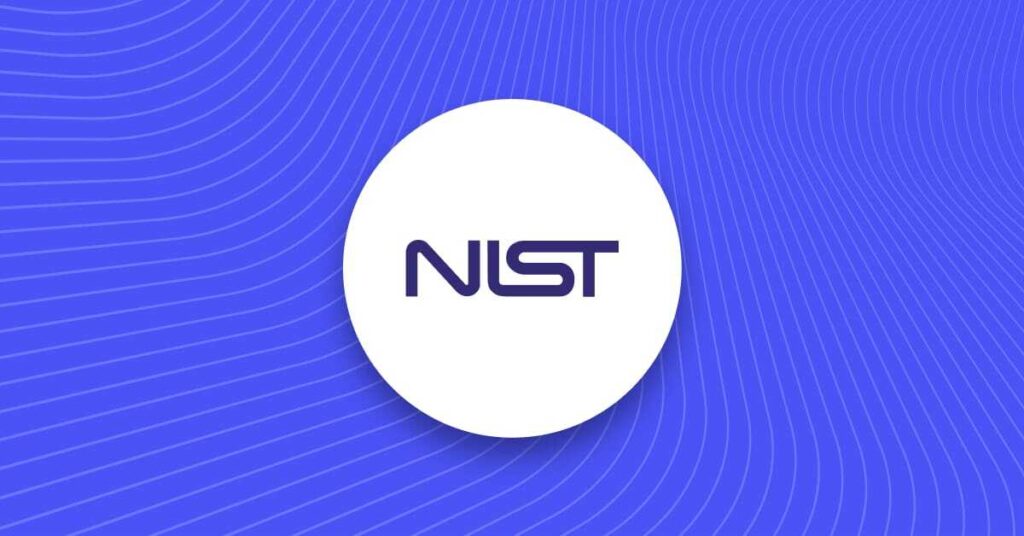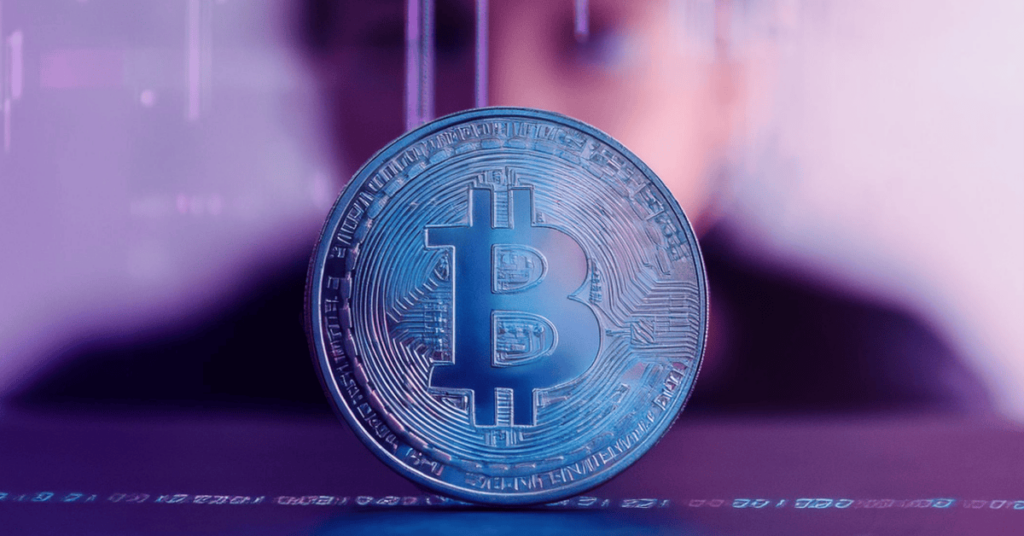
Cryptocurrency is an exciting frontier with great potential to reshape the traditional financial ecosystem. The possibility for substantial growth has captured the attention of investors worldwide. Crypto has also attracted people interested in the transparency offered by blockchain technology. However, there is a dark side to cryptocurrency: fraud, money laundering, and other financial crimes that can thrive in the shadows of anonymous transactions.
Know your customer (KYC) processes are one tool the crypto industry uses to combat illegal activity. In this guide to crypto KYC, we’ll explore KYC requirements and why KYC is important in the crypto industry.
What are the KYC requirements for cryptocurrency?
KYC requirements involve collecting and verifying certain information in order to comply with anti-money laundering (AML) and counter-terrorism financing (CTF) regulations. It’s important to note that KYC requirements in the crypto space vary depending on the country. As an example, let’s take a look at crypto KYC requirements in the USA. A KYC process for a U.S.-based crypto exchange generally includes collecting:
- Personal data like the user’s name, date of birth, and address.
- Proof of address from an official document like a utility bill or bank statement to confirm their residential address. This is to confirm the user actually lives at the address they provided during onboarding.
- Government-issued identification like a passport or driver’s license. In addition to verifying the user’s identity, this also confirms they are of legal age to use the exchange.
- Selfies or videos help verify that the user is submitting their rightfully owned identity document.
Some crypto exchanges may also ask users for their:
- Source of funds or the purpose of their crypto transactions. This helps during the later KYC step of risk assessment.
- Transaction history, including activities from other wallets or exchanges, to ensure they are using the exchange legitimately.
After this information is collected, the final three steps of a robust KYC process are:
- Sanctions and watchlist screening involves checking users’ information against government-sanctioned lists to make sure they are not involved in illegal activities or subject to sanctions.
- Risk assessment is a process where the exchange assesses each user’s risk profile and what level of activity they are allowed to have. This can involve transaction limits and account privileges for users that have higher risk factors.
- Ongoing monitoring of user accounts to detect any suspicious activity. If suspicious activity is flagged, the exchange must report it to the appropriate regulatory authorities or risk fines and legal consequences.
Is KYC necessary in crypto?
KYC is an important process that prevents fraud, money laundering, and other illegal activities. Whether or not KYC is necessary depends on the answer to these questions:
- Is your crypto exchange required to implement KYC by law? Many countries require cryptocurrency providers to conduct KYC on their users. In these jurisdictions, complying with KYC is not optional; it’s a legal necessity.
- Does your exchange convert fiat to crypto or crypto to fiat? If so, then KYC is probably necessary to stay in compliance with regulations. In contrast, crypto exchanges that deal in P2P transactions are sometimes exempt from KYC requirements since they don’t come into contact with the traditional financial ecosystem.
- Are you concerned about fraud and illegal activities happening on your exchange? Some crypto exchanges voluntarily implement KYC processes in order to mitigate fraud and minimize risk of illegal activity.
KYC in crypto is not universally necessary or unnecessary — however, these processes have an important role to play in keeping exchanges and users safe from bad actors.
Do I need to complete KYC to buy cryptocurrency?
If the exchange you are using requires KYC, then yes, you must complete the verification in order to complete transactions. There are non-KYC crypto exchanges, which some people prefer due to the perceived privacy, but the trade off is that these exchanges may be more prone to fraud and scams.
Do you need KYC for a crypto wallet?
It depends on the type of crypto wallet you use. There are custodial and non-custodial wallets. For the former, yes, typically you will need to complete KYC verification. Custodial wallets are usually provided by crypto exchanges or financial institutions that are required to implement KYC. For non-custodial wallets, you generally do not need to complete KYC. These wallets give users full control over their private keys and their virtual assets. However, even some non-custodial wallet providers may require you to complete KYC verification if they have voluntarily implemented these processes.
Do crypto exchanges have KYC?
Yes, many crypto exchanges do have KYC processes in place. For example, CoinDCX is one of India’s largest crypto exchanges serving over 3.4 million customers. CoinDCX has become India’s safest exchange for users to access crypto with ease. This streamlined KYC process is due to their use of Onfido and our award-winning Real Identity Platform. With our ID, Selfie Video, and Watchlist products, the CoinDCX team is able to quickly and accurately verify users, protecting their exchange from regulatory risk. The entire process takes just five minutes. The previous manual methods took 24 hours, leading to users having to wait to begin trading. By partnering with Onfido, their onboarding time was reduced by 99%, increasing customer satisfaction and ensuring global KYC compliance.
Interested in learning more about Onfido’s comprehensive suite of KYC solutions? Explore our platform with an interactive tour to see how it all works.





